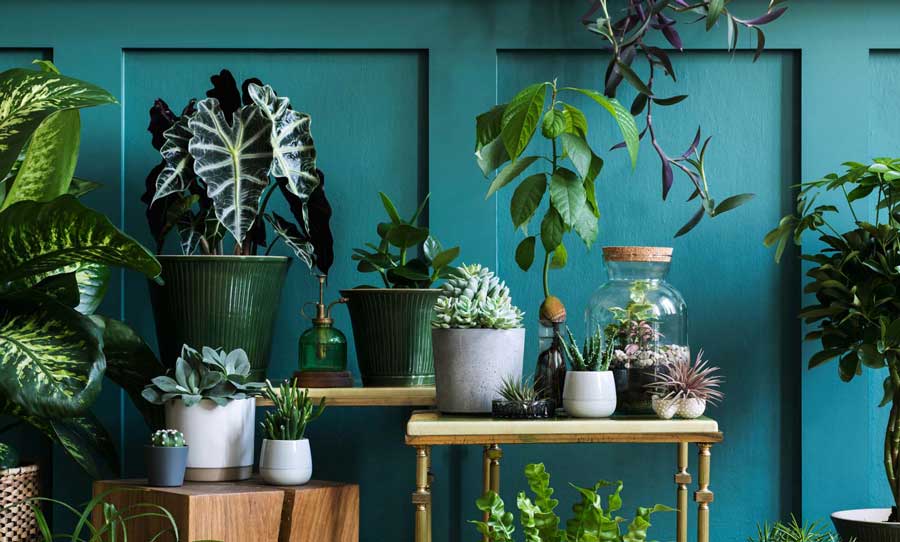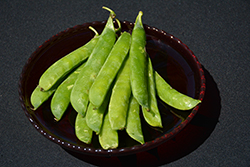Call Us Now! 800-335-4769
- Shop Online
- Sale
See What's on Sale at English Gardens
Shop online or in stores. See what’s on sale now at English Gardens.
- Locations
- Landscaping
Landscaping
Enjoy your outdoor living area year-round by creating an extraordinary garden or landscape. From concept to completion, English Gardens professional designers and installation crews will enhance your front yard, garden, backyard or even create a master plan. English Gardens offers full-service landscape design and installation to enhance the year-round enjoyment of your outdoor living area and increase your home’s value by 10 to 15%.
- Patio & Outdoor Living
Outdoor Living
- Florist
English Gardens Full-service Florists offer a complete selection of fresh-cut floral bouquets, custom arrangements for all occasions, including weddings, parties, sympathy, memorials, holidays, and simply everyday gifts. A family-owned business, English Gardens operates full-service florists in four stores:
- Lawn & Garden
Lawn & Garden
- Plants & Planters
- Resources
Resources
Since 1954, English Gardens experts have provided good advice to grow on everyday. We guide aspiring florists and hobbyists to create beautiful floral designs, design and maintain gardens, lawns, and more! We have several resources available including our blogs and videos.

